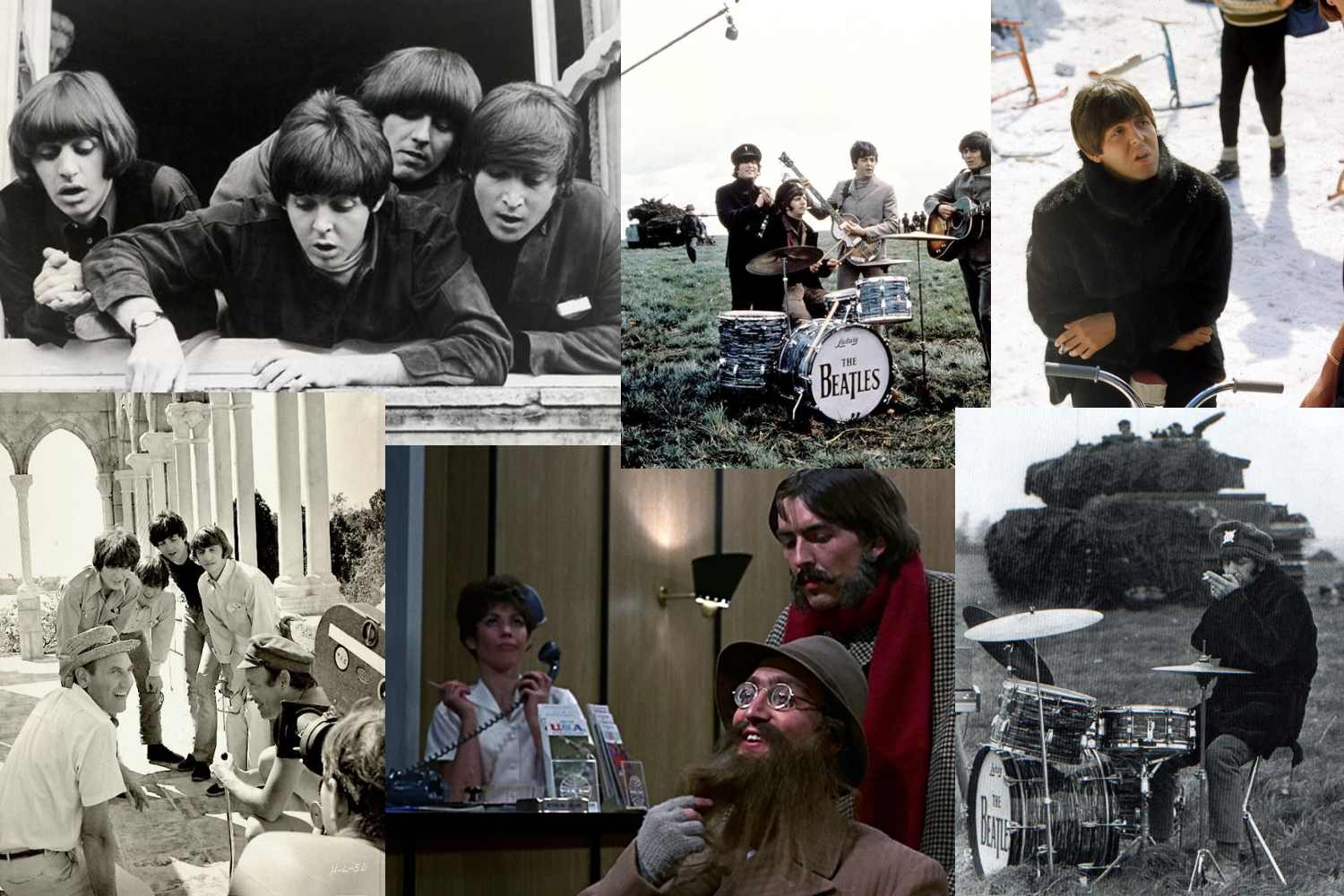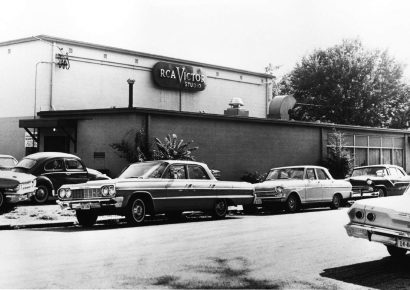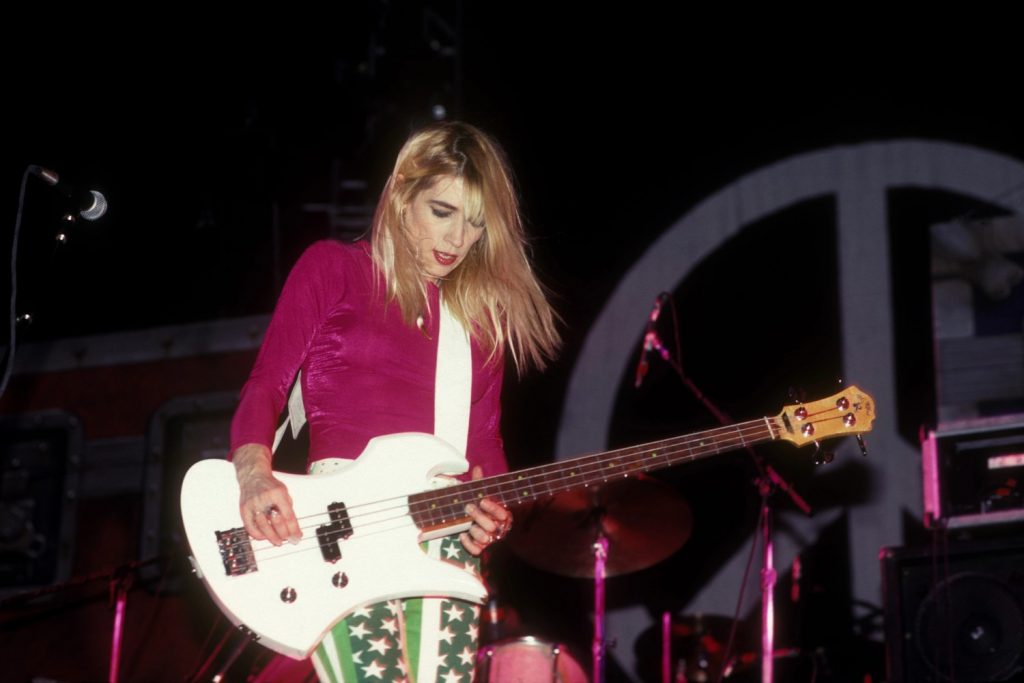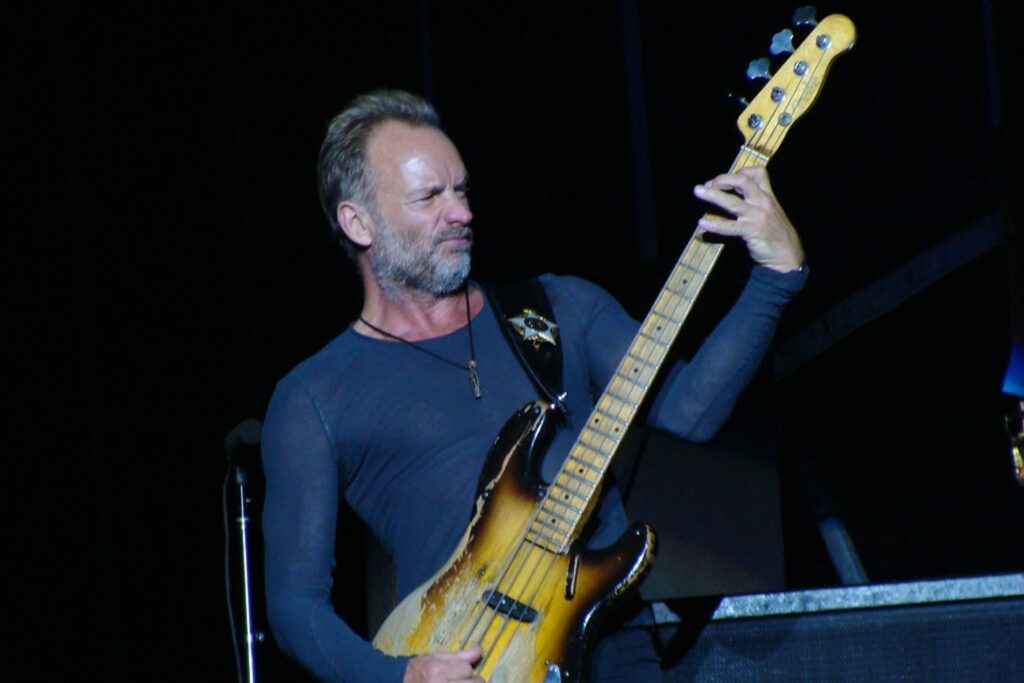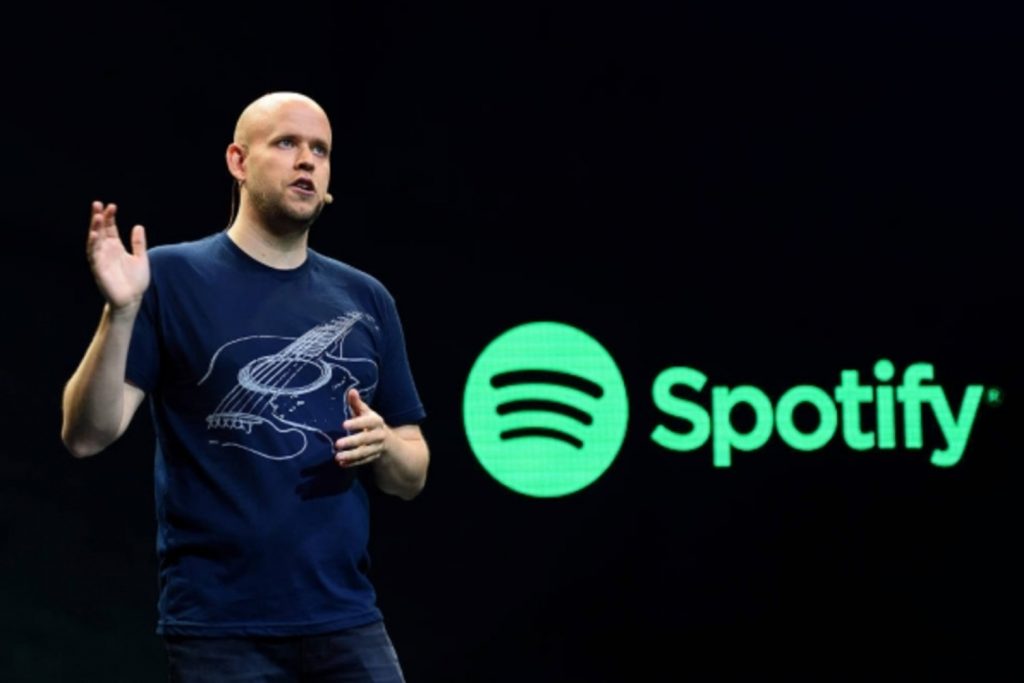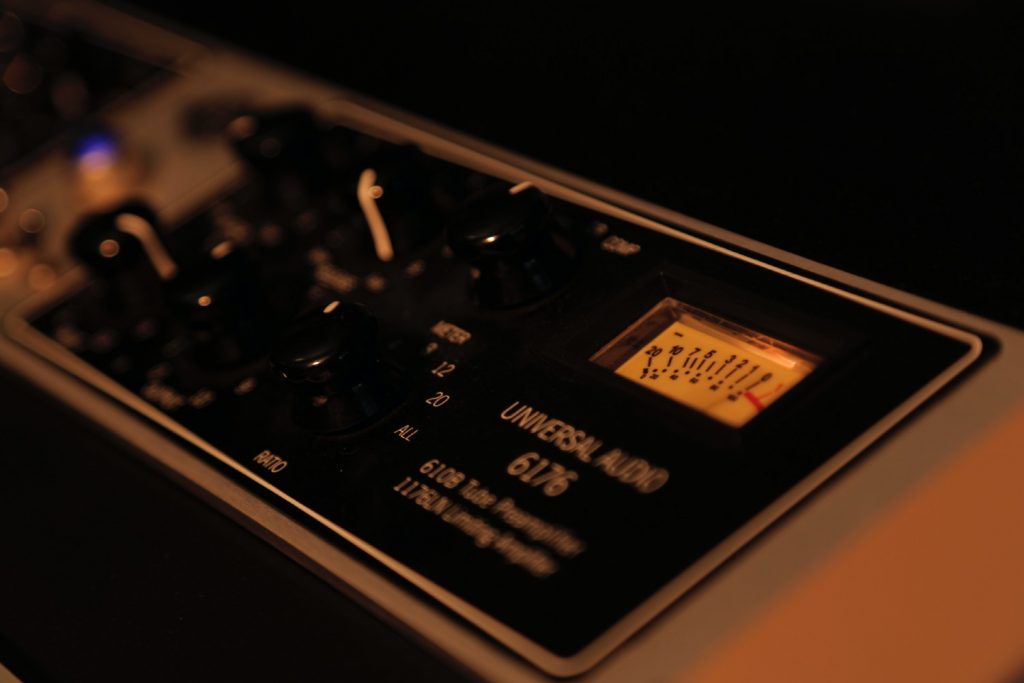Taking a trip down memory lane on the Fab Four and their cinematic endeavours
Fans and music buffs alike have been flocking to their streaming service to check out Peter Jackson’s take on the world’s most famous band. Whether you love the mini series or would rather watch Magical Mystery Tour on repeat, it’s hard to deny that Get Back is fuelling the Beatles conversation yet again. If you’ve found yourself transported back to 1964 and want to bask in the glory of Beatlemania for a little while longer, taking a trip down memory lane with the band’s own endeavours into cinema is the perfect place to start.
We’re taking a little break here at Mixdown and are reposting some old favourites of ours, this article was originally published July 9, 2019.
Read up on all the latest features and columns here.
A Hard Day’s Night (1964)
A Hard Day’s Night marked the Beatles first foray into film, back when getting musicians to star in their own movies was all the rage. The group portrayed their individual selves on screen in an embellished day-in-the-life story, complete with the iconic and often parodied scene of the Beatles being chased through a train station. The soundtrack album is one of their best – John Lennon’s vocals are a particular standout – and the storyline is easy to follow, but the real magic of this film lies in the simple entertainment of seeing four of the world’s most renowned musicians making fools of themselves on the big screen without a care in the world.
Help! (1965)
Do yourself a favour and watch this film with someone who has never seen it before; their reaction will be well worth it. Help! is one of the most eccentric creative outputs from the Beatles’ entire catalogue and is guaranteed to leave you slightly confused regardless of how many times you watch. There’s a cursed ring, a chase around the globe, and a lot of increasingly random settings in which a cult chases Ringo Starr. There is little sense to be made in the whole film, so naturally it’s impossible to look away. Again, it’s difficult to fault the soundtrack, which is definitely one of the strongest in terms of George Harrison’s contributions.
Magical Mystery Tour (1967)
Magical Mystery Tour is Paul McCartney’s attempt to find some direction amidst the uncertainty that followed the band after the death of their manager, Brian Epstein. Without Epstein, everything became somewhat lost – something that became abundantly clear when the Beatles broke up just three years later. But full credit to McCartney for trying something new, even if it resulted in the most bizarre film you’ll ever see. Magical Mystery Tour epitomises the drug-fuelled psychedelia of the late ‘60s and while it’s always wonderful to watch in retrospect, if only for the complete absurdity of the film, it fell flat upon its 1967 release. The bright side? When you’re the Beatles, it’s never hard to bounce back.
Yellow Submarine (1968)
Yellow Submarine marked the band’s foray into animation and it is every bit as strange as you’d imagine. The film takes place in an under-the-sea world called Pepperland, which is protected by none other than Sgt. Pepper’s Lonely Hearts Club band because nobody loves referencing their own work more than the Beatles. The soundtrack is a fascinating detour from what you’d usually expect from the Beatles, with a larger focus on instrumentation and some clever lyrical work forming the basis of its appeal. And of course, Ringo nabs the lead song, which is always nice to see.
Let It Be (1970)
While Let It Be is technically a documentary, it deserves a place on this list purely to illustrate the circumstances during the Beatles’ final year as a band. It’s not an easy watch as the film crew provides insight into a tumultuous period in the group’s life, with an underlying tension so present in each recording session that you feel uncomfortable just watching it. The documentary follows the recording process of Let It Be, which was plagued with difficulties from start to finish. Phil Spector’s role as producer was so dissatisfying that it led to the re-release of the album as the band has envisioned as Let It Be…Naked in 2003, Harrison abandoned the album at one point until he was finally convinced to return, and even viewers of the documentary can see that the atmosphere in the studio was far from ideal. This film marks the end of the Beatles and shows exactly how they reached that point. It presents the band in a painfully authentic light and as such, it’s really not surprising that it was hard to get your hands on a copy for years after its release.
Eight Days a Week (2016)
The most recent addition to the library of Beatles films comes from Ron Howard and documents the band’s touring years, including their iconic Shea Stadium performance. If you’re like me and played the Shea version of ‘I’m Down’ in 420p quality on repeat for a month, then you’ll understand how exciting the prospect of seeing the vision restored on the big screen was for fans the world over. Howard well and truly delivered, presenting a film that offered scraps of new information for even the most dedicated of fans, plus one of music’s most memorable live performances in full. Eight Days a Week sought to document a band that had been documented to death but endeavoured to do so in a new light, and it absolutely nailed it.
